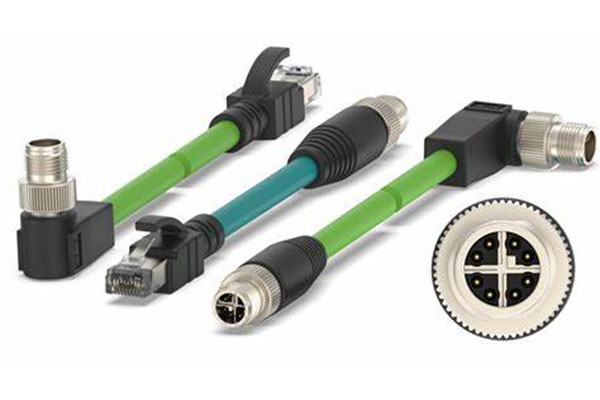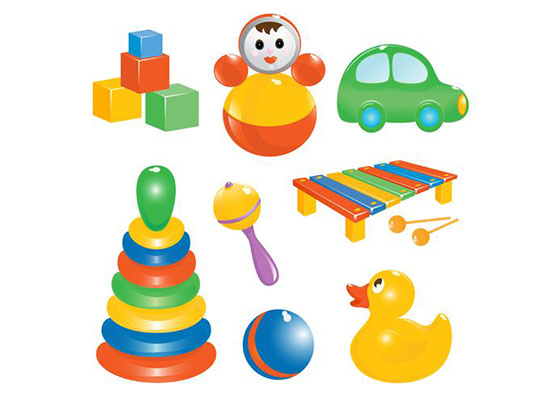Connectors are essential components in various electronic and electrical systems. They serve as the interface between different components, ensuring that electrical signals are transmitted efficiently and reliably. Micro-D connectors, in particular, have become increasingly popular in recent years due to their small size and versatile capabilities.
What are Micro-D connectors?
Micro-D connectors, also known as microminiature D connectors, are a type of electrical connector that has a D-shaped metal shell with multiple pins or contacts arranged in a compact layout. They are designed to provide high reliability and robustness in applications where space is limited, and weight and size are critical factors.
Brief history of Micro-D connectors
The Micro-D connector design was initially developed by ITT Cannon in the 1980s for use in aerospace and military applications. Since then, Micro-D connectors have been used in a wide range of industries, including medical equipment, telecommunications, and industrial automation.
Types of Micro-D connectors
There are several types of Micro-D connectors available, each with specific design features and applications. The most common types of Micro-D connectors include:
- Micro-D Subminiature (MDM): The MDM connectors have a rectangular-shaped metal shell with a standard density of contacts, ranging from 9 to 51 pins.
- Micro-D High-Density (MDH): The MDH connectors have a smaller form factor than MDM connectors but offer higher contact density, with up to 100 contacts available.
- Micro-D Nano (MDN): The MDN connectors are the smallest Micro-D connectors available, with a size that is 40% smaller than MDH connectors. They typically have up to 51 pins or contacts.
Advantages of Micro-D connectors
Micro-D connectors offer several advantages over other connector types, including:
Small size and lightweight
One of the primary benefits of Micro-D connectors is their small size and lightweight design. This makes them an ideal solution for applications where space is limited, such as in aerospace and medical equipment.
High reliability and durability
Micro-D connectors are designed to withstand harsh environmental conditions, including extreme temperatures, shock, and vibration. They are also built to withstand repeated mating and unmating cycles without degrading performance, ensuring long-term reliability.
High-speed data transmission capability
Micro-D connectors are capable of transmitting high-speed data, making them an ideal solution for applications that require fast and reliable data transmission, such as in telecommunications and robotics.
Versatile and customizable
Micro-D connectors can be customized to meet specific application requirements. They are available in various materials, finishes, and contact configurations, allowing for flexibility in design.
Applications of Micro-D connectors
Micro-D connectors are used in various industries and applications, including:
Aerospace and defense industries
Micro-D connectors are commonly used in aerospace and defense applications, such as avionics, satellites, and missile systems. Their small size and lightweight design make them ideal for space-constrained applications.
Medical equipment
Micro-D connectors are used in medical equipment, such as pacemakers, defibrillators, and ultrasound machines. They are preferred for their reliability, durability, and small size.
Industrial automation
Micro-D connectors are used in industrial automation applications, such as robotics, sensors, and motor controls. They provide reliable and secure connections in harsh industrial environments.
Robotics and drones
Micro-D connectors are used in robotics and drones, where space is at a premium, and weight is a critical factor. Their small size and lightweight design make them ideal for these applications.
Telecommunications
Micro-D connectors are used in telecommunications applications, such as fiber optic connectors and cell tower equipment. They are preferred for their high-speed data transmission capability and reliability.
Selection and customization of Micro-D connectors
When selecting Micro-D connectors, several factors need to be considered, including the application, the required performance specifications, and environmental factors. Some of the critical factors to consider when selecting Micro-D connectors include:
- Number of contacts: The number of contacts required will depend on the application’s complexity and the amount of data to be transmitted.
- Contact pitch: The pitch between contacts determines the density of the connector and affects the overall size of the connector.
- Current and voltage requirements: It is essential to ensure that the selected Micro-D connector can handle the current and voltage levels required by the application.
- Environmental factors: The operating temperature, humidity, and other environmental factors should be considered when selecting Micro-D connectors.
Customization options are available to meet specific application requirements. Some of the customization options available for Micro-D connectors include:
- Plating options: Different plating materials and finishes are available, depending on the application’s requirements.
- Contact configurations: Various contact configurations are available, including straight, angled, and surface-mount options.
- Cable and wire options: Different cable and wire types can be used with Micro-D connectors, depending on the application’s needs.
Installation and maintenance of Micro-D connectors
Proper installation and maintenance of Micro-D connectors are essential to ensure optimal performance and longevity. Some best practices for installing Micro-D connectors include:
- Ensure proper alignment: The connectors should be aligned correctly before mating to avoid damage to the contacts.
- Use proper tools: The correct tools should be used to mate and unmate the connectors to avoid damage to the connector or contacts.
- Secure the connectors: The connectors should be securely fastened to prevent damage from vibration or shock.
- Avoid over-tightening: Over-tightening the connectors can cause damage to the connector or contacts.
Maintenance of Micro-D connectors is also essential to ensure long-term reliability. Some tips for maintaining Micro-D connectors include:
- Regular cleaning: The connectors should be cleaned regularly to remove any debris or contaminants that could affect performance.
- Inspect for damage: The connectors should be inspected for damage regularly, and any damaged connectors should be replaced promptly.
- Use protective covers: Protective covers should be used when the connectors are not in use to prevent damage from dust or other contaminants.
Conclusion
Micro-D connectors offer several advantages over other connector types, including small size, high reliability, and versatility. They are used in various industries and applications, including aerospace, medical equipment, and telecommunications. When selecting Micro-D connectors, several factors need to be considered, including the application, performance requirements, and environmental factors. Customization options are available to meet specific application requirements. Proper installation and maintenance are essential to ensure optimal performance and longevity.



